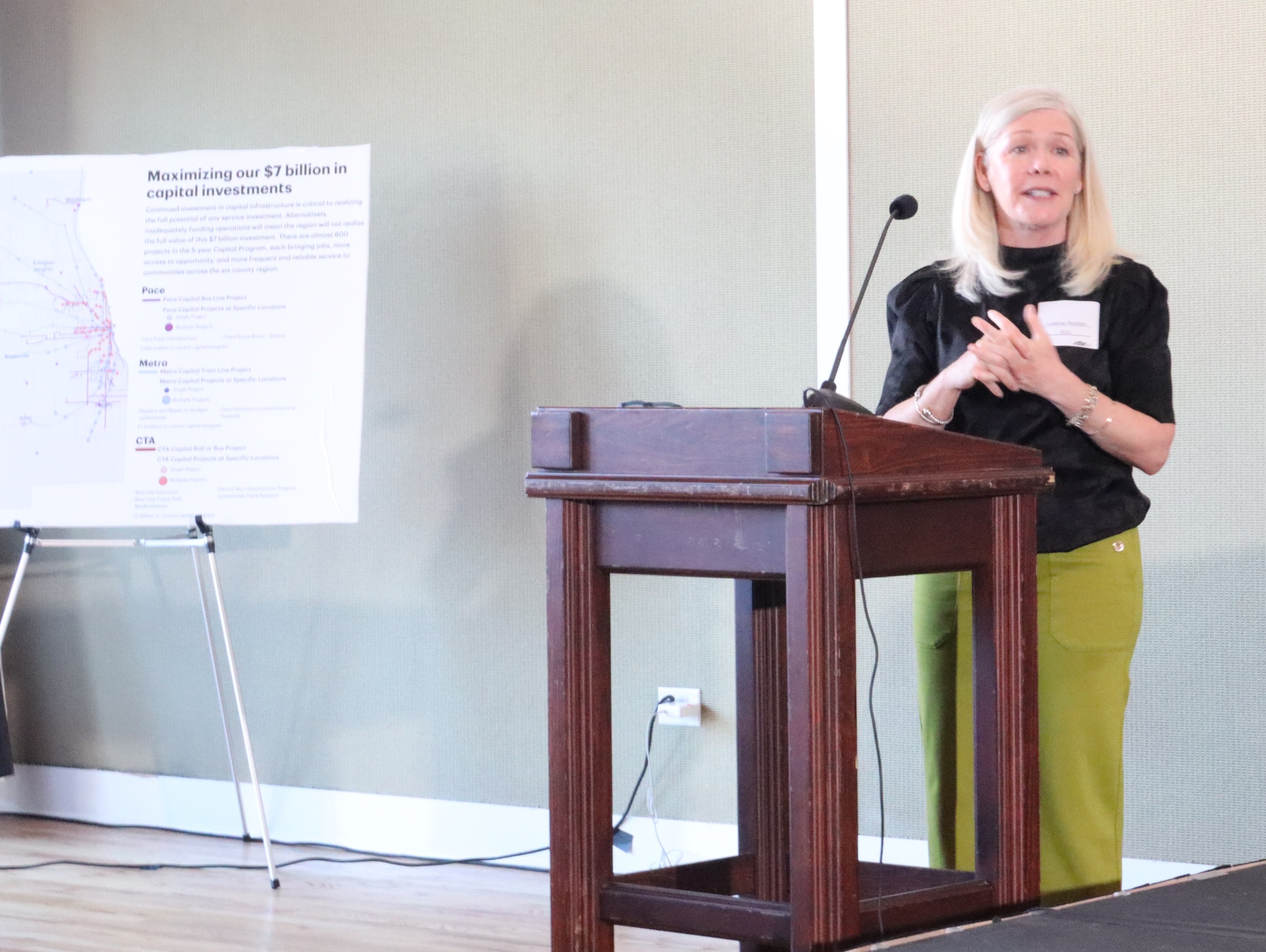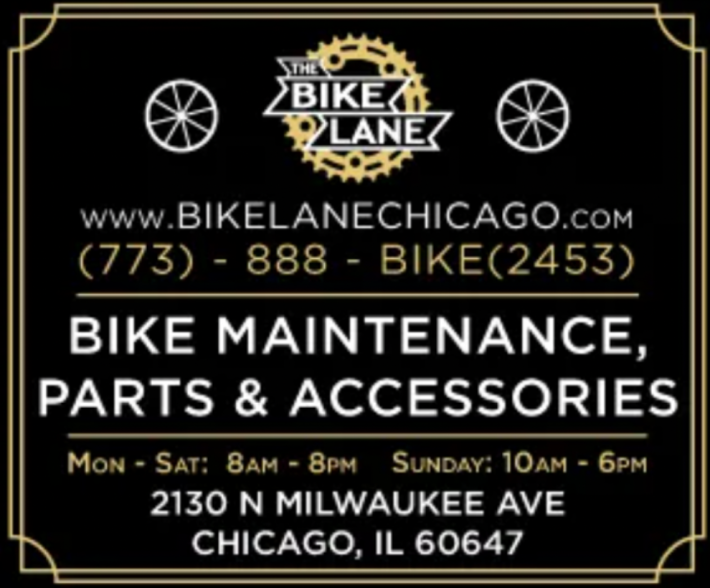
The Regional Transportation Authority, the agency that oversees the CTA, Metra, and Pace, held a Suburban Transit Summit on Thursday, October 24, to gather support and feedback to improve services. The event took place at the Metropolis Ballroom in Arlington Heights, a stone's throw from the Metra Union Pacific Northwest line's Arlington Heights station.
The first speaker was RTA Executive Director Leanne Redden, who gave a preview of the day ahead and talked a little about the Transit is the Answer initiative to address Chicagoland's looming $730 million transit fiscal cliff.

"We gathered riders, community members, and transit professionals for an entire summer of meetings in 2022, in addition to doing public surveys, virtual town halls, and other outreach across the region," Redden said. "During that engagement, we heard very loudly and clearly that suburban riders and communities wanted more frequent and reliable and improved service and better accessibility at stations and staff, a more seamless and affordable fare system across the three operators. We also heard how vital transit was to the economic and social health of suburban communities... That engagement continues with today's summit."
One of the first speakers was State Senator and Transportation Committee Chair Ram Villivalam (D-8th), who has sponsored legislation to consolidate the four agencies and provide an additional $1.5 billion in funding for transit. While Villivalam acknowledging how difficult reform can be, he added this the current situation is a unique chance to upgrade Chicagoland public transportation.
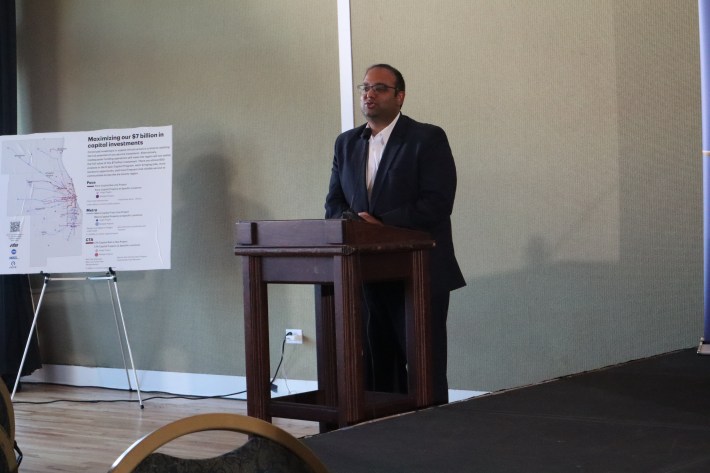
"I often say, the suburban mayor that wants 22 reliable, safe trains in the city of Chicago," Villivalam said. "You know what other mayor wants that? The mayor of Chicago, right? So we are very much interconnected. And the question really is, how do we use this once-in-a-generation opportunity to get a service we want, not just for next year or to plug a hole, but for near the year 2050, and how do we get the revenue together, the funding together, which is not going to be easy, and what governance model will best deliver the best service and accountable, transparent? That's what this is about, in my opinion. And so, I am committed to this journey."
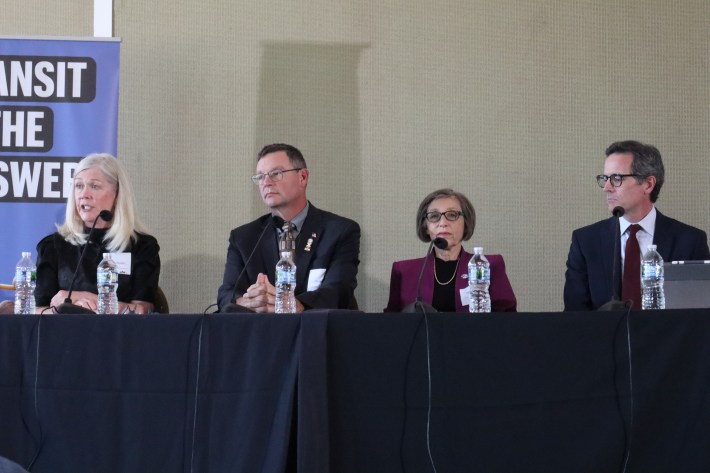
After the individual speakers, there were panel discussions. The first one consisted of Redden and several other transit leaders: Metra CEO Jim Derwinski, Pace Executive Director Melinda Metzger, and NJ Transit Chief Legal Officer and General Counsel Brian Wilton.
Derwinski was asked how the ridership market had changed post-pandemic. He said ridership hasn't plateaued or stopped growing, but that ridership numbers are all over the place. "But the coolest part, I think, is we've got a data analytics team now, so rather than speculating and just looking, we can actually see that we are within about 5 percent of the number of unique riders that we had pre-pandemic," said Derwinski during the summit. "We're just not riding the same ridership pattern. So, on weekends, we go anywhere between 80 and 120 percent on average. So, there are a lot of good discretionary trips going on in the middle part of the day, and discretionary periods are picking up. But our core business, which is bringing people to a central business district, can vary anywhere from a 50 percent a day up to a 96% day, depending on the line."
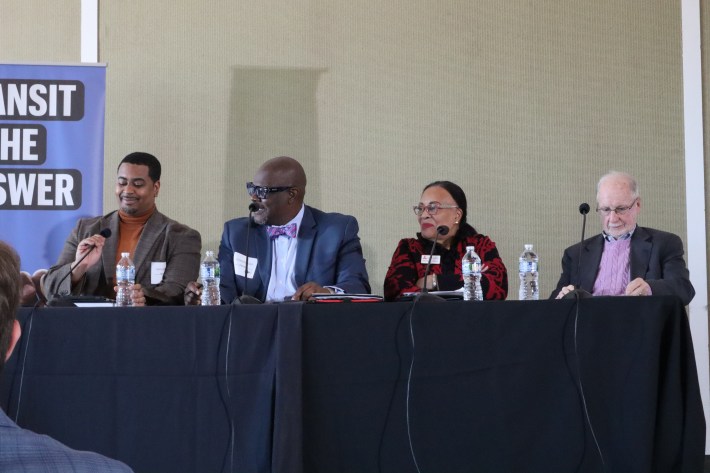
The second panel consisted of a group of Chicago mayors. They were Maywood Mayor Nathaniel Booker, Harvey Mayor Christopher Clark, Libertyville Mayor Donna Johnson, and Skokie Mayor George Van Dusen. Geneva Mayor Kevin Burns, a member of the Metropolitan Mayor Caucus, moderated the second panel.
Burns asked Clark for an update on the Harvey Transportation Center. "If you don't know what the Harvey Transportation Center is, you are in for an absolute surprise," Clark said. "If you can just imagine Pace and Metra have decided to basically work together for the needs of all of you in the city of Harvey. Let me explain Harvey to you. It's that place in the [south surburbs] that serves as the hub to the vast majority of the cities in the southland region."
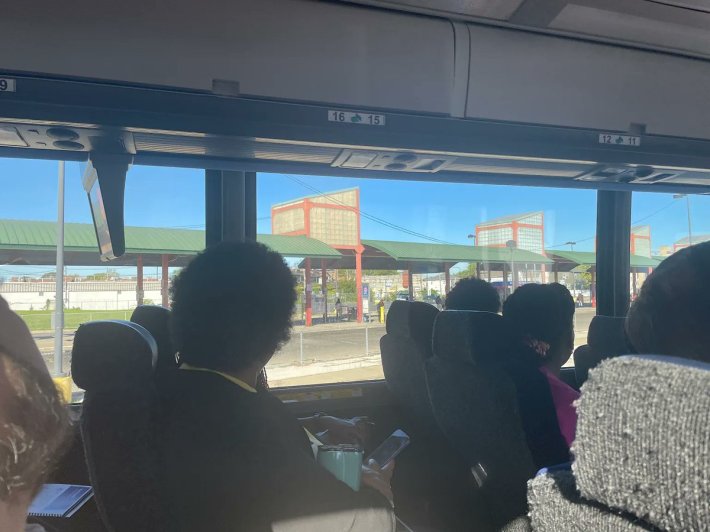
"All roads lead to Harvey," Clark added. "And for quite some time, Harvey has been working on... a $70 million project that combines both Pace and Metra to provide the transportation to not only the residents of the city of Harvey, [but] residents of the region. So, even though I'm a local mayor, I love to brag about the fact that I'm having a regional impact."
After the second panel, the audience members split into separate breakout groups to discuss various issues, including the fiscal cliff. The leaders of that group's discussion highlighted potential solutions. These included defining Regional Service Standards for minimum service levels, establish a Regional Fare Policy, and creating Regional Planning and Capital Project Prioritization to advance a systemwide vision or streamline decision-making to consolidate similar jobs.
The City of Chicago, which contains only about a third of the metropolitan population, gets most of the press when it comes to local public transportation challenges. But the Suburban Transit Summit was a reminder that, if we want to have a truly transit-friendly region, we need to keep the 'burbs on the brain as well.

Did you appreciate this post? Please consider making a tax-deductible donation, to help keep Streetsblog Chicago's sustainable transportation news and advocacy articles paywall-free.
